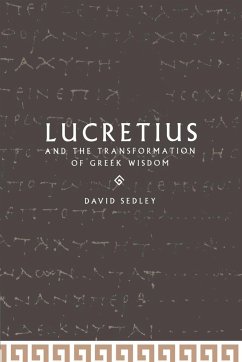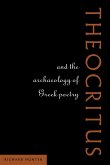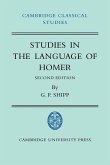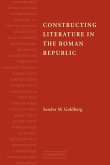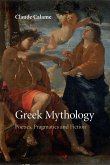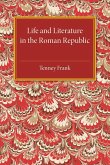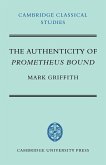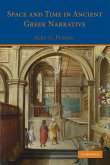This book studies the structure and origins of De Rerum Natura (On the Nature of Things), the great first-century BC poem by Lucretius.
This book is designed to appeal both to those interested in Roman poetry and to specialists in ancient philosophy. In it David Sedley explores Lucretius' complex relationship with Greek culture, in particular with Empedocles, whose poetry was the model for his own, with Epicurus, the source of his philosophical inspiration, and with the Greek language itself. He includes a detailed reconstruction of Epicurus' great treatise On Nature, and seeks to show how Lucretius worked with this as his sole philosophical source, but gradually emancipated himself from its structure, transforming its raw contents into something radically new. By pursuing these themes, the book uncovers many unrecognised aspects of Lucretius' methods and achievements as a poetic craftsman.
Table of content:
1. The Empedoclean opening; 2. Two languages, two worlds; 3. Lucretius the fundamentalist; 4. Epicurus, On Nature; 5. Lucretius' plan and its execution; 6. The imprint of Theophrastus; 7. The transformation of Book I; Epilogue.
Hinweis: Dieser Artikel kann nur an eine deutsche Lieferadresse ausgeliefert werden.
This book is designed to appeal both to those interested in Roman poetry and to specialists in ancient philosophy. In it David Sedley explores Lucretius' complex relationship with Greek culture, in particular with Empedocles, whose poetry was the model for his own, with Epicurus, the source of his philosophical inspiration, and with the Greek language itself. He includes a detailed reconstruction of Epicurus' great treatise On Nature, and seeks to show how Lucretius worked with this as his sole philosophical source, but gradually emancipated himself from its structure, transforming its raw contents into something radically new. By pursuing these themes, the book uncovers many unrecognised aspects of Lucretius' methods and achievements as a poetic craftsman.
Table of content:
1. The Empedoclean opening; 2. Two languages, two worlds; 3. Lucretius the fundamentalist; 4. Epicurus, On Nature; 5. Lucretius' plan and its execution; 6. The imprint of Theophrastus; 7. The transformation of Book I; Epilogue.
Hinweis: Dieser Artikel kann nur an eine deutsche Lieferadresse ausgeliefert werden.

